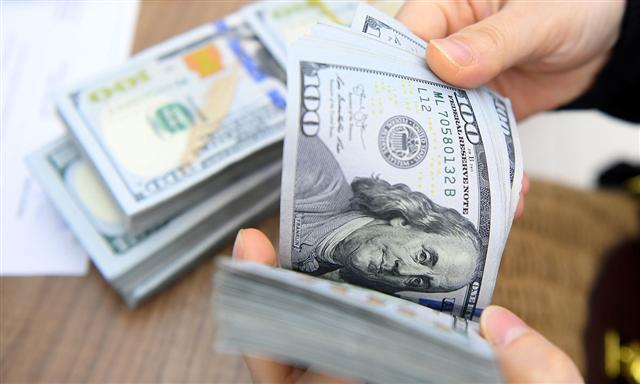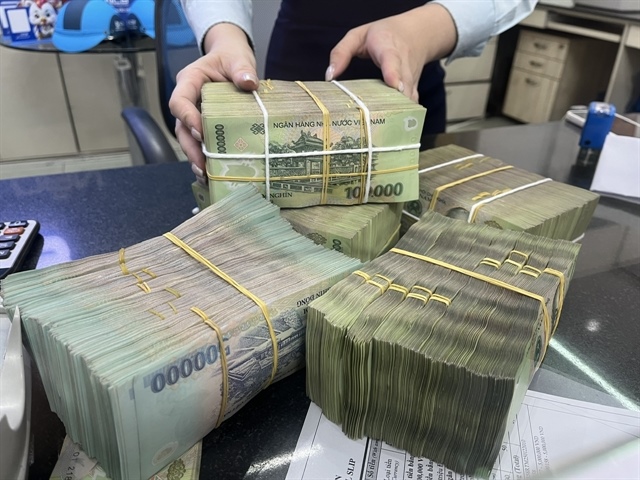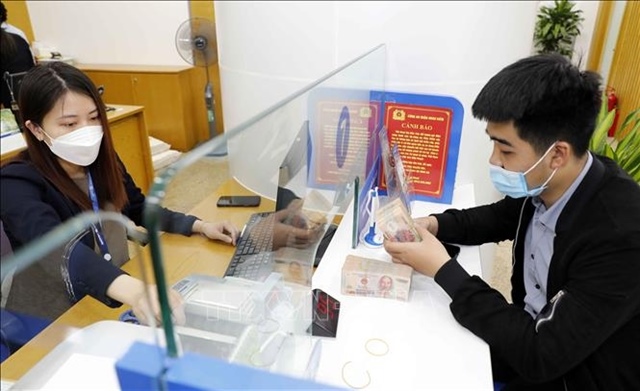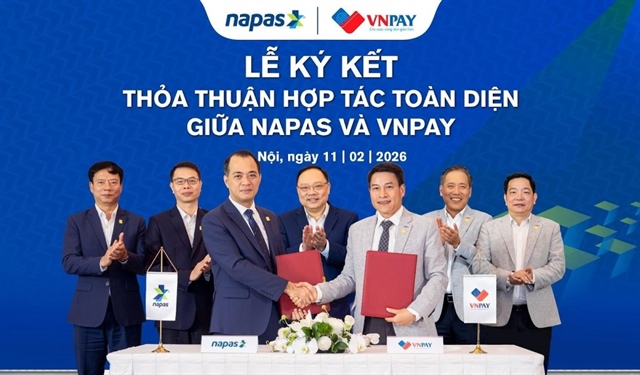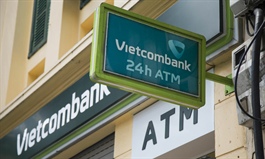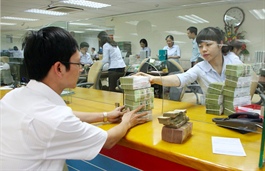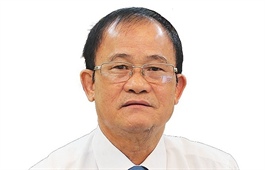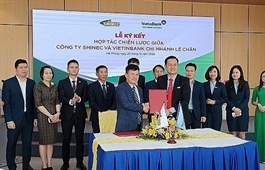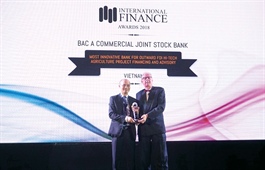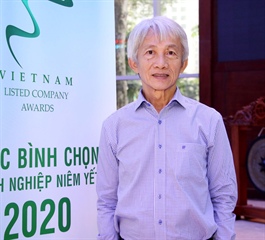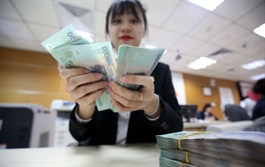Questionable branding of Vietnam as currency manipulator
Questionable branding of Vietnam as currency manipulator
The current top economic topic in Vietnam is why the US Department of the Treasury has termed Vietnam as a currency manipulator. There is also discussion as to why only Vietnam and Switzerland have been targeted in this report, and why many other countries and territories such as Taiwan and Germany have been spared by the top US financial body.
Illustrative photo.
|
Mr. Mark Sobel, a former US representative at IMF, commented that the US Department of the Treasury may be questionably branding Switzerland and Vietnam as currency manipulators while missing out more obvious cases of harmful currency practices.
It is also worth noting that this report has come at a time when Vietnam and the United States are beginning to enjoy a stronger relationship. A majority of international commentators have analysed that this move by the US Department of the Treasury has more political implications than economic concerns.
For example, the most important criteria determined by the US Department of the Treasury is that Vietnam undervalued the dong. This is being seen as a lame and vague explanation for tagging Vietnam as a currency manipulator. It is like comparing Miss America with Miss Vietnam to say who is more beautiful. Vietnam is a small economy equal to only 1% of the size of the US. How can then the monetary policy and exchange rate affect the trade deficit of the US, and how can one percent impact one hundred percent. This is baffling. It is also absurd to hear former Fed chairman Paul Volcker say that he didn't know what the right exchange rate was, and that he knew a wrong one when he saw it!
When the US Department of the Treasury believes it has the right to judge what is right or wrong, there is a problem. At the height of the US-China trade war in 2019, the Trump administration suddenly labeled China as a currency manipulator based on the only ground that the yuan crossed the red line of seven yuan per dollar. A few months later, in January 2020, the Trump administration suddenly removed China from the list of currency manipulators. This happened soon after phase one of agreement talks between the US and China, with China promising to buy more US goods.
Behind the story of Vietnam's currency manipulation is an issue that governments of the two countries must consult with each other, no matter who the next US President is. Currency manipulation is judged twice a year by the US Department of the Treasury, and it must not become an economic shock for our country. Investors and businesses should not let this story affect their investment strategies.
Currency manipulation will certainly be a matter of economic and political diplomacy between the two governments now. There are times when negotiation results are good, and there are times that talks do not go down well or satisfactorily. Currency manipulation tag must never and cannot change Vietnam's strategies for the future, nor should we be under any illusion that under the Biden administration, the United States will approach the problem of currency manipulation more gently than did the Trump administration.
In any case, Vietnam must also become much more transparent about interventions in the foreign exchange and exchange rate market, not because of pressure from the US Department of the Treasury, but because it is the right policy for a country on the path of modernization.


